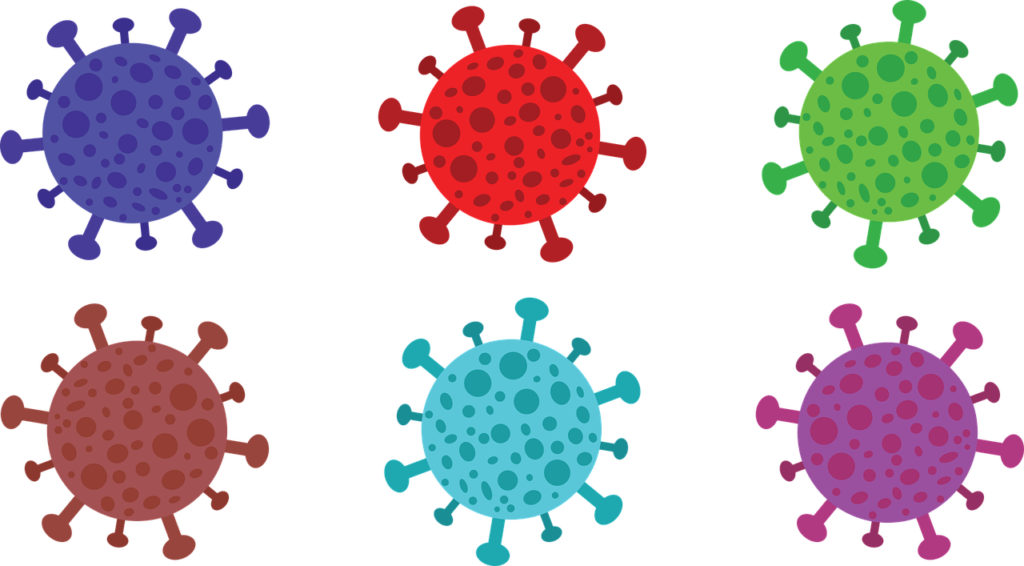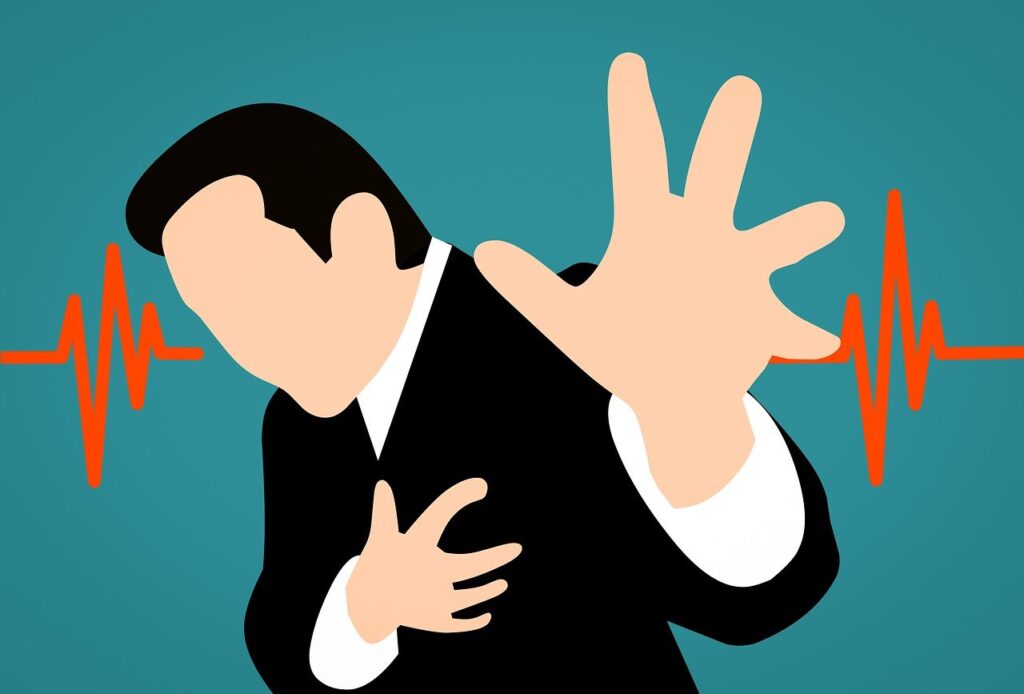What is Covid chest pressure? COVID-19, caused by the novel coronavirus, presents a wide range of symptoms, and one of the serious ones is chest pressure. In this post, I will delve into the various aspects of chest pressure in COVID-19. This includes its symptoms, causes, and when you need to seek medical attention.
How Does Covid Cause Chest Pressure?
COVID-19, caused by the SARS-CoV-2 virus, can lead to chest pressure or discomfort due to its impact on the respiratory system. The virus primarily targets the respiratory tract, infecting cells in the lungs and airways. This infection triggers an inflammatory response in the lungs, leading to inflammation and damage in the delicate tissues. As a result, the air sacs in the lungs (alveoli) may become inflamed and filled with fluid, causing difficulty in oxygen exchange and leading to sensations of chest pressure or tightness. Additionally, the body’s immune response to the virus can cause an exaggerated inflammatory reaction, further contributing to chest discomfort and respiratory symptoms.
Symptoms of Covid Chest Pressure

COVID-19 can manifest itself with a diverse set of signs and symptoms. Chest pressure is one of them. Understanding these symptoms is crucial for you to get early detection and take the appropriate action:
- Chest Pressure: COVID-19-related chest pressure often feels like a heavy, uncomfortable sensation on your chest. It’s not necessarily painful but can be distressing.
- No Cough: Unlike some respiratory illnesses, COVID-19 chest pressure may not be accompanied by a persistent cough. This is one factor that distinguishes it from other chest pain conditions that you may experience.
- Position Matters: Chest pressure might vary with your body position. When you are infected, the chest pressure can intensify when you lie down.
- No Fever: Surprisingly, COVID-19 chest pressure can occur with or without a fever. This further complicates diagnosis as fever is a common symptom.
Covid Chest Pressure With No Fever
Chest pressure or discomfort can be a symptom associated with COVID-19, even without the presence of a fever. While fever is a common symptom of COVID-19, not everyone infected with the virus experiences it. Chest pressure, tightness, or discomfort can occur due to the impact of the virus on the respiratory system and lungs.
COVID-19 symptoms can vary widely among individuals, and some may experience respiratory symptoms like chest pressure, cough, or difficulty breathing without a fever. Other symptoms commonly associated with COVID-19 include fatigue, muscle or body aches, sore throat, loss of taste or smell, headache, and shortness of breath.
Causes of Covid Chest Pressure
The chest pressure associated with COVID-19 is primarily attributed to the virus’s impact on your respiratory system and blood circulation. COVID-19 can cause inflammation of lung tissue, leading to chest pressure and discomfort. Other causes include:
- Anxiety: The stress and anxiety of having COVID-19 can exacerbate the feeling of chest pressure.
- Indigestion: Digestive issues can sometimes cause you to have chest pressure, which can be mistaken for COVID-19-related symptoms.
When Should You Seek Medical Attention

While chest pressure can be a symptom of COVID-19, it can also indicate other serious medical conditions like heart problems. You need to know when you should seek medical care:
- Worsening Symptoms: If your chest pressure worsens or is accompanied by severe pain, shortness of breath, or confusion, seek immediate medical attention.
- Existing Health Conditions: If you have pre-existing conditions like heart disease or respiratory disorders, any chest discomfort should be evaluated promptly.
- Persistent Symptoms: If your chest pressure persists for several days or worsens over time, contact a healthcare provider.
- Other High-Risk Factors: If you’re in a high-risk category due to age or other factors, it’s advisable to consult a medical professional for any chest pressure.
Relief and Management
If you’re experiencing chest pressure with mild or moderate symptoms, here are some steps you can take:
- Rest and stay hydrated.
- Use over-the-counter pain relievers, but avoid self-medication; consult a healthcare professional first.
- Monitor your oxygen levels if possible.
- Isolate yourself to prevent the potential spread of COVID-19.
Remember, self-care is not a substitute for medical evaluation. If in doubt, consult your healthcare provider to determine the cause of your chest pressure.
Chest pressure during COVID-19 is a significant concern, and you must know its characteristics and potential causes. Your early diagnosis and appropriate medical guidance are very helpful in managing the symptoms effectively and preventing any complications. If you or someone you know is experiencing chest pressure and other concerning symptoms, reach out to a qualified healthcare professional for guidance and support.
Access www.medicalantidote.com for a variety of health articles.



